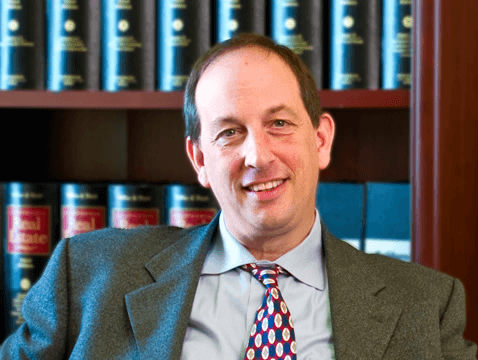Sometimes the true owner of a property finds it necessary to obtain or transfer title to real property to a third party, usually somebody they trust, for a variety of reasons, the most prominent being, as a necessity to obtain financing to purchase the property.
Occasionally, the trusted person later refuses, for whatever reason, to properly return title to the property to the true owner. In this case, there are remedies available to the true owner of the property.
The true owner of the property can file a lawsuit to recover title to the property from the third party. This type of action is similar to, but slightly different from, a quiet title action. This type of action is actually an action for equitable relief, where the true owner is trying to obtain a court order declaring that all right, title, and interest in the property belongs to the plaintiff (the true owner).
If the true owner is concerned that the person holding title to the property might sell or place a lien against the property, it is important to get a lawsuit filed right away, and then the true owner can record something against the property known as a lis pendens (or notice of pendency of action), which in most instances will prevent the person holding title to the property from selling or placing a lien against the property.
I regularly represent clients in the Bay Area, California in these types of equitable actions. If you have questions, or need representation by a California real estate attorney involving a title dispute, please feel free to contact me to arrange for a consultation at (510) 465-0025.
